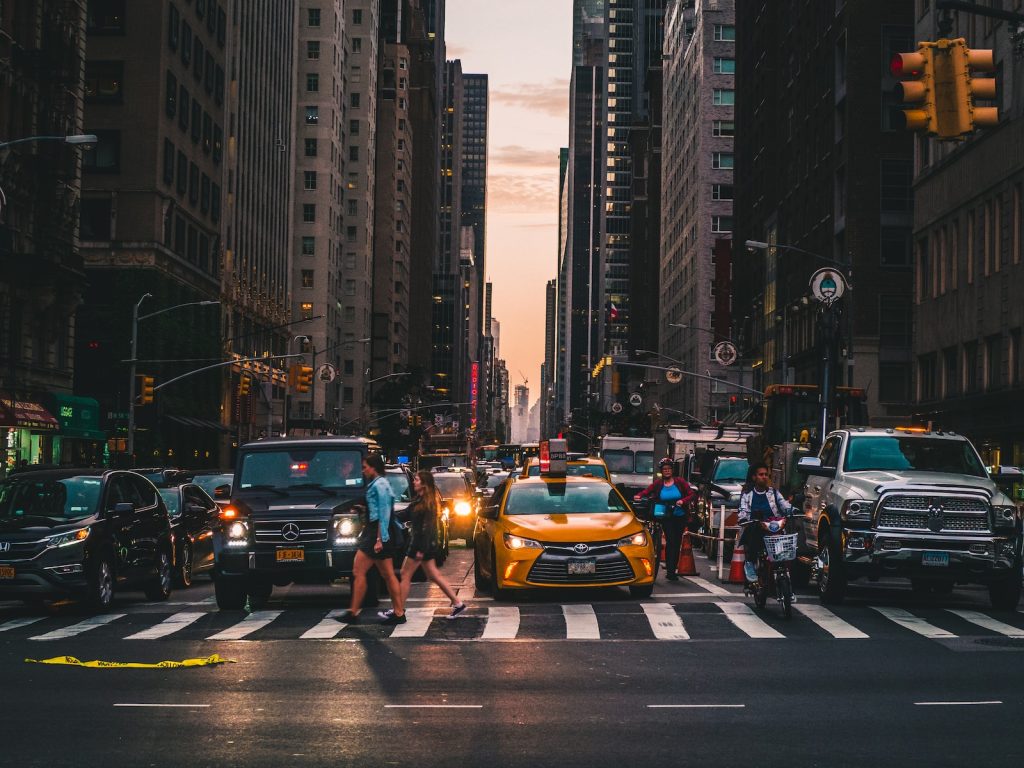The Unwritten Rules of Street Photography: Ethical Guidelines Every Photographer Should Know
Street photography is an exciting and captivating genre that allows photographers to capture candid moments and unique everyday life perspectives. However, it also raises ethical concerns that every photographer should know. This article will explore the key ethical considerations and guide responsible street photography.
Understanding Legal and Ethical Boundaries
Before venturing out to shoot in public spaces, it’s essential to understand the legal and ethical boundaries of street photography. Laws regarding public photography vary by country, so it’s crucial to familiarize yourself with local regulations.
- Privacy laws: While photographing in public spaces is generally legal, there are limitations when photographing people in private spaces, such as their homes or backyards.
- The expectation of privacy: Even in public spaces, people have a reasonable expectation of privacy in certain situations, such as restrooms or changing rooms.
- Harassment and stalking: Repeatedly photographing a person without their consent could be considered harassment or stalking in some jurisdictions.
Respecting Your Subjects
When photographing people on the street, showing respect and empathy for your subjects is essential. Here are some tips for capturing candid street photography while maintaining ethical standards:
- Ask for permission: Whenever possible, ask for permission before taking someone’s photo. This shows respect and can lead to a more natural, engaging portrait.
- Be discreet: If asking for permission isn’t feasible, try to be discreet and unobtrusive in your approach, capturing candid moments without drawing attention to yourself.
- Avoid exploitative situations: Steer clear of photographing vulnerable individuals or situations that could exploit someone’s misfortune or suffering.
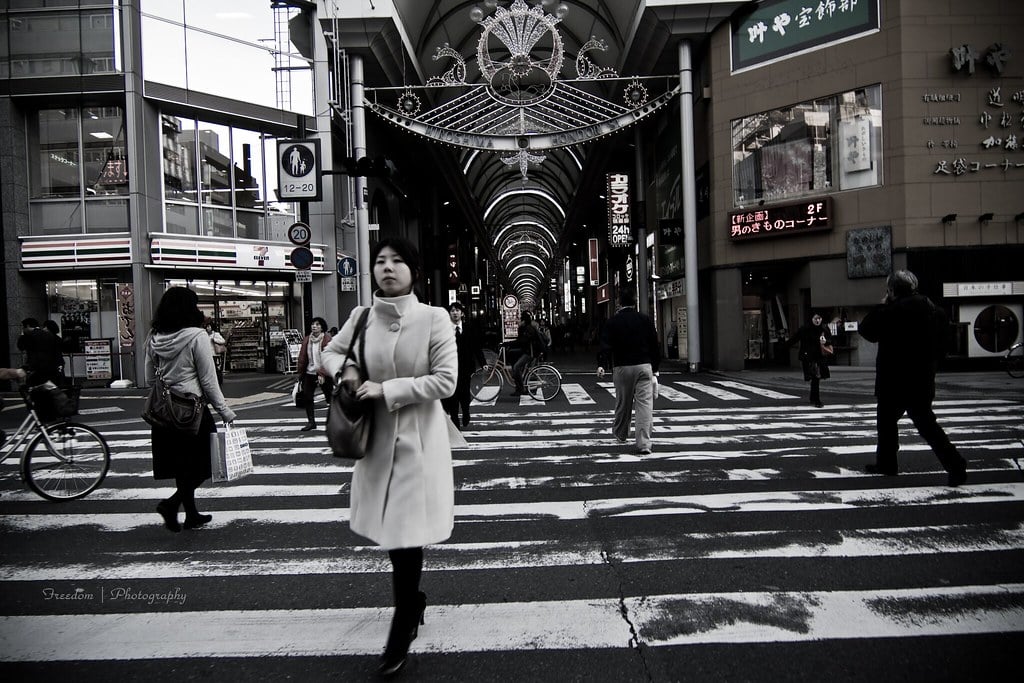
Building Trust with Your Subjects
Establishing trust with your subjects is crucial for ethical street photography. You create an environment that encourages genuine expressions and interactions by fostering a positive rapport with the people you photograph. Here are some tips for building trust with your subjects:
- Be approachable: Dress in a way that makes you appear friendly and unthreatening. Smile and make eye contact to create a welcoming atmosphere.
- Be transparent: Explain your project or intentions as a street photographer. People who understand your purpose are likelier to feel comfortable and trust you.
- Show your work: Share your previous street photographs with your subjects. This demonstrates your skill and artistic intent, helping to build trust.
- Offer to share the final image: If your subject is interested, offer to send them a copy of the final image. This gesture builds trust and strengthens the connection between you and your subject.
Dealing with Confrontations
As a street photographer, you may occasionally confront subjects who don’t appreciate being photographed. Here’s how to handle such situations:
- Stay calm and composed: Keep a cool head and try to defuse the situation by explaining your intentions as a photographer and offering to delete the photo if the person is uncomfortable.
- Know your rights: Be aware of your legal rights as a photographer and be prepared to explain to them if necessary. However, avoid being confrontational or argumentative.
- Walk away: If the situation escalates, it’s best to walk away and avoid further conflict.
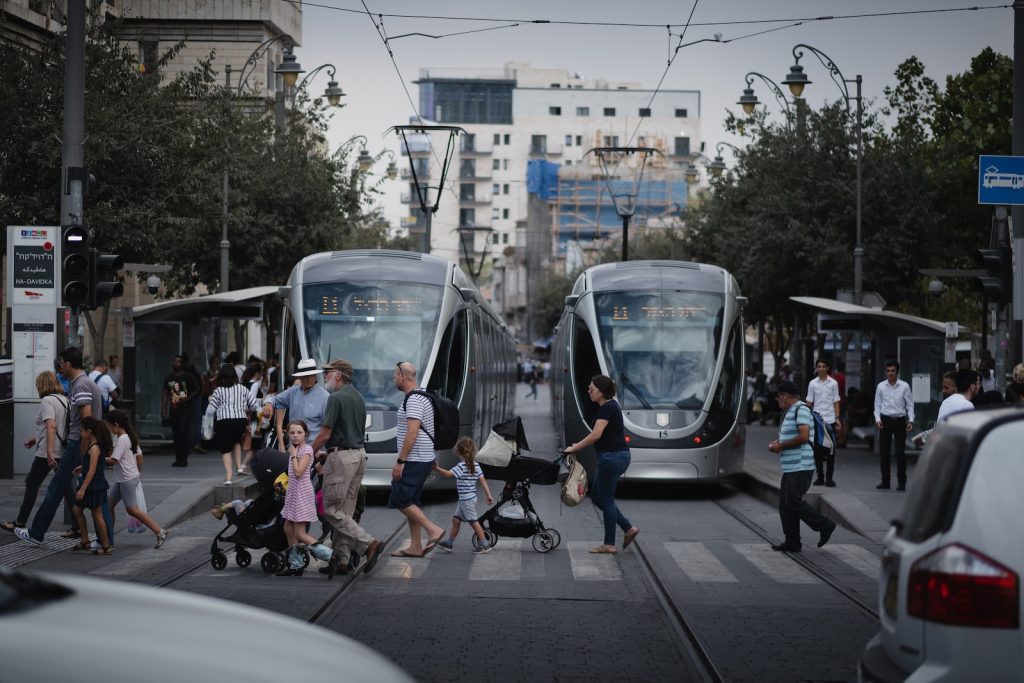
Post-Processing and Sharing Ethical Considerations
When editing and sharing your street photography, keep these ethical considerations in mind:
- Respect the integrity of the scene: Avoid manipulating your images in a way that alters the truth of the scene or misrepresents your subjects.
- Consider anonymity: When sharing photos online, consider the potential impact on your subjects. Blurring faces or removing identifiable features can help protect their privacy.
- Context matters: Be mindful of the context in which your photos are shared, and avoid perpetuating stereotypes or promoting harmful narratives.
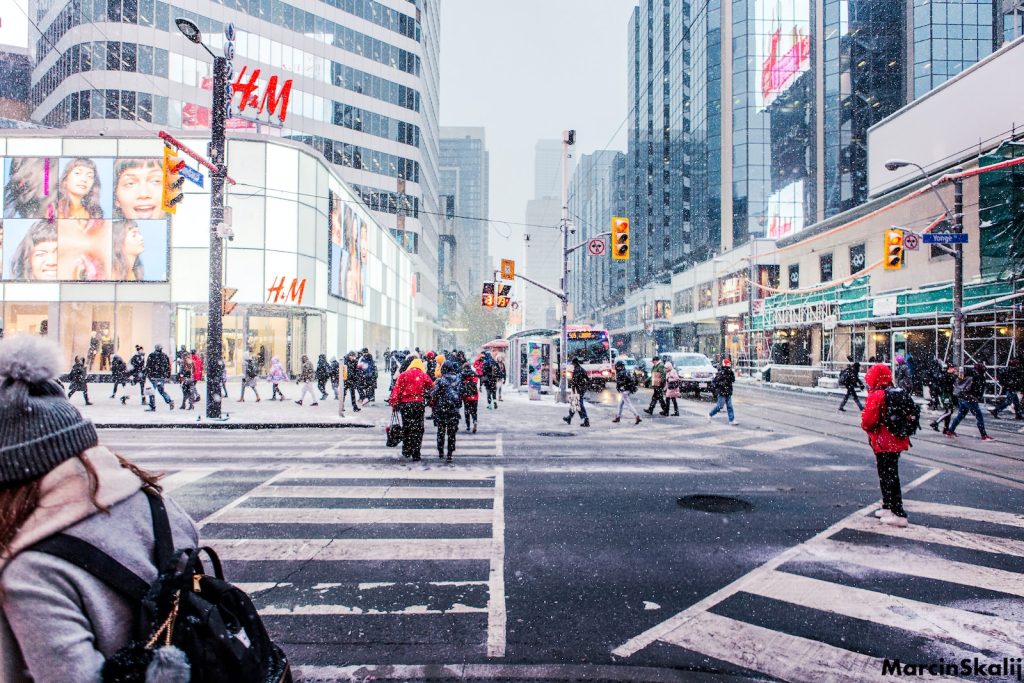
Social Responsibility in Street Photography
As a street photographer, you can shape perceptions of the people and places you photograph. Recognizing your social responsibility and using your craft to promote understanding, empathy, and inclusivity is important. Consider these principles to ensure your street photography aligns with socially responsible values:
- Diversity: Capture a diverse range of subjects and settings to represent the true variety of life and experiences in the streets. Avoid focusing solely on specific demographics or situations, as this may perpetuate stereotypes or create a biased portrayal.
- Cultural sensitivity: Be mindful of cultural differences and customs when photographing in various locations. Respect local traditions and norms, and avoid taking photos that might be considered offensive or disrespectful.
- Educate and inform: Use your street photography as a platform to educate viewers about the social issues and stories behind your images. When sharing your work, provide context and background information to promote understanding and awareness.
- Advocate for change: If your street photography highlights social injustices or problems, consider using your work to advocate for positive change. Collaborate with organizations or initiatives that address the issues in your images, and use your photography to raise awareness and inspire action.
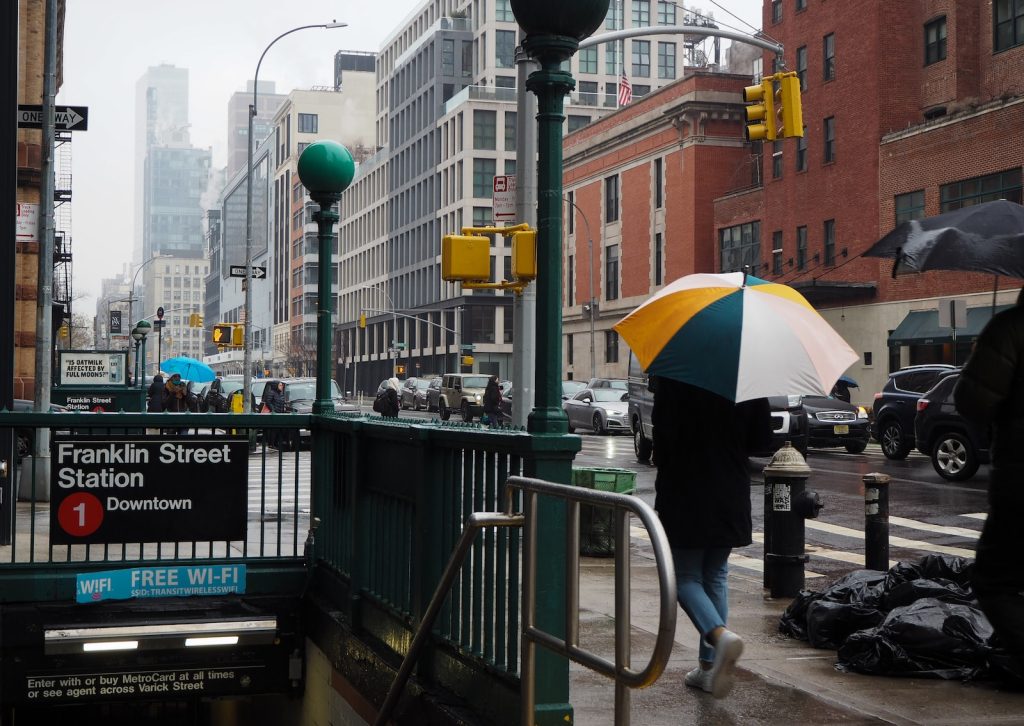
Conclusion about Ethics of Street Photography
The ethics of street photography require photographers to be mindful of their actions and the potential impact on their subjects. You can create compelling street photography while maintaining high ethical standards by understanding legal boundaries, respecting privacy, and engaging in responsible post-processing and sharing practices.

